NAIROBI, Kenya
Kenya’s overall inflation declined drastically to 7.74 percent in July from 10.05 percent in the previous month due to a fall in the prices of several food products across the east African nation, the national statistics bureau said on Tuesday. Kenya National Bureau of Statistics (KNBS) said the Consumer Price Index (CPI), computed using the geometric mean approach, decreased by 0.85 percent from 133.06 in June to 131.92 in July.
“Food and Non-Alcoholic drinks’ index fell by 1.88 percent between June and July. This was mainly due to continued fall in prices of several food products such as sukuma wiki (kales), milk, potatoes, cabbages, onions, beans, green maize and spinach in July compared to June,” the bureau said in a statement issued in Nairobi. Many Kenyans are currently enjoying a drop in the cost of living as prices of various basic items come down, thanks to a stable shilling and lower fuel prices.
Weaker currency and higher fuel prices were blamed for increase in commodity prices and thus high inflation in the east African nation, which saw the cost of living get out of the hands of many consumers. The Kenyan shilling, according to CBK, is currently exchanging at an average of 84 against the U.S. dollar, 130 against the sterling pound and 102 against the euro. The shilling had previously traded against the dollar at 107. The local unit has also appreciated against currencies of Kenya’s trading partners in the east Africa region.
It has increased against the Uganda shilling exchanging at an average of 29, Tanzania Shilling 18 and Rwanda Franc 7. The central bank has attributed the gains to a tighter monetary policy that saw it retain its benchmark lending rate at 18 percent for six months, before lowering to 16.5 percent this month. The latest inflation rate is below the Central Bank of Kenya (CBK)’s short-term target of 9 percent. The Economic Survey released by the Kenya National Bureau of Statistics in May showed the economy remains resilient and registered an annual growth of 4. 4 percent in 2011.
However, the CBK monetary committee noted there were still potential threats and risks to both consumer prices and exchange rate stability that could increase inflationary pressure. Market analysts said a weak local currency has the effect of inflating dollar, pound and euro-denominated salaries of expats such as employees of United Nations, diplomatic missions and multinationals by the same margin. According to the bureau, housing, water, electricity, gas and other fuels’ index decreased by 0.22 percent, between June and July mainly on account of reduced costs of electricity, kerosene and cooking gas.
The average cost of consuming 50 units of electricity, for instance, declined from 7 U.S. dollars in June to 6.5 dollars in July. Over the same review period, the transport index decreased by 1. 35 percent due to lower costs of petrol and diesel. Food items whose prices have dropped in the east African nation include tomatoes, vegetables, potatoes, fruits and onions. Prices have declined as supply steadies and cost of fuel, which is used in transportation of the items, comes down. (Xinhua)

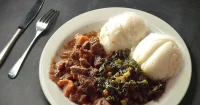
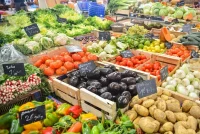












































![Pula Co-Founders and Co-CEOs, Rose Goslinga & Thomas Njeru. Pula provides agricultural insurance and digital products to help smallholder farmers manage climate risks, improve farming practices and increase their incomes. [ Photo / Courtesy ]](https://businesstoday.co.ke/wp-content/uploads/2021/01/Pula-Co-Founders-and-Co-CEOs-Thomas-Njeru-Rose-Goslinga.jpg)
























































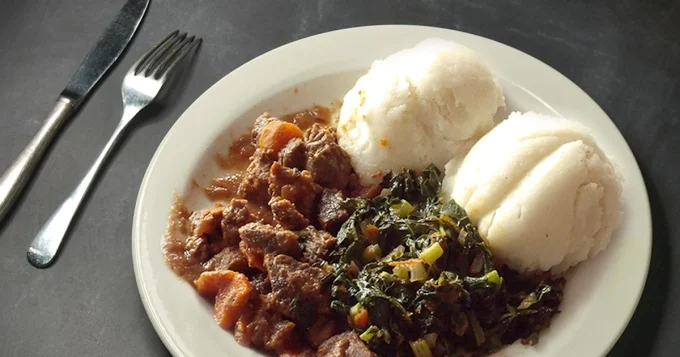
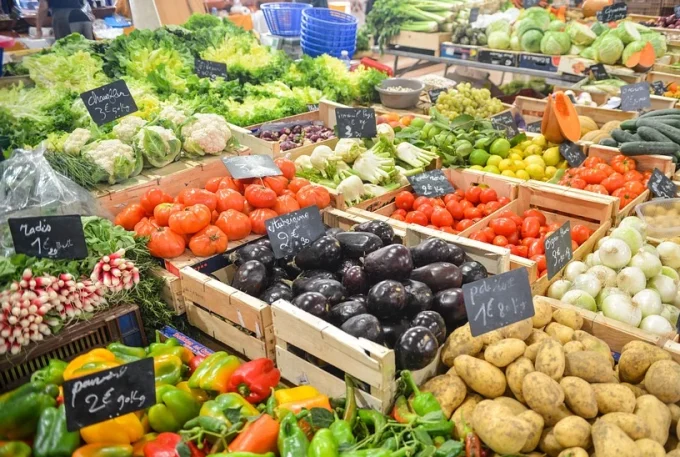
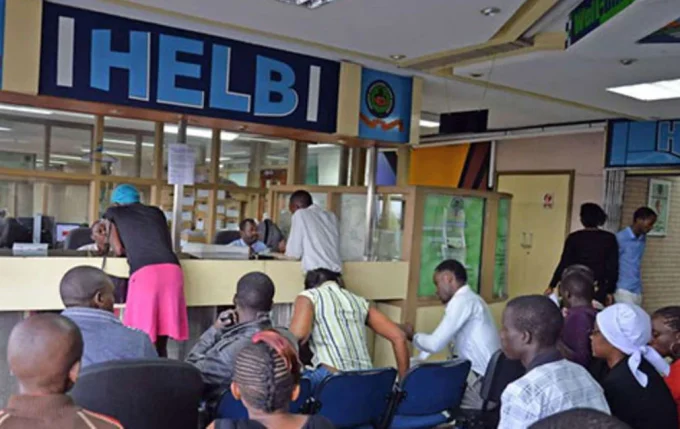
Leave a comment